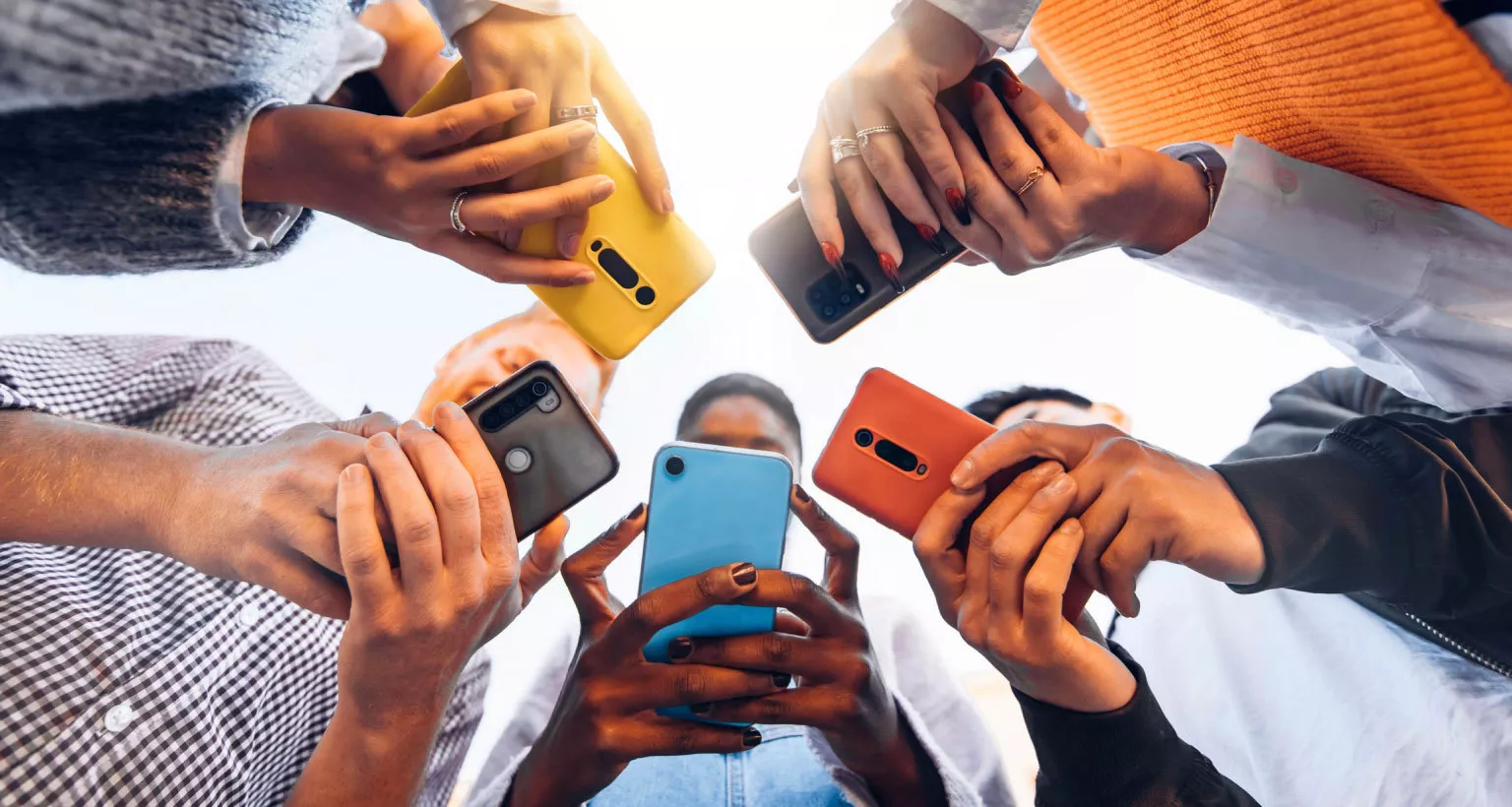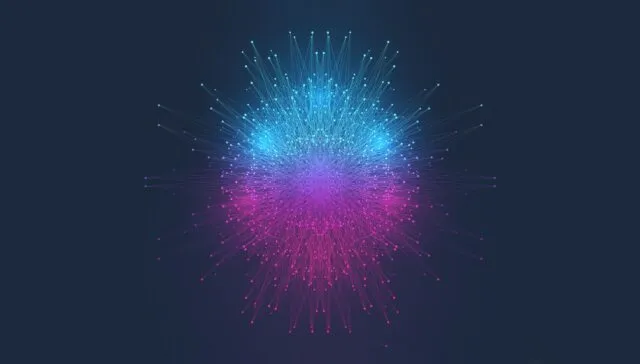The pros and cons of social media on mental health

Social media has become deeply ingrained in our daily lives, but what have been the effects of these apps on mental health? As we rely on these platforms to stay connected and informed, could the detriments to mental health outweigh the benefits? As we examine the pros and cons of social media on mental health, we’ll dive into the psychological factors that 4.5 billion social media users face on a daily basis.
Pros – how social media keeps us connected
Social media has become a great way to stay connected with friends and family and see what’s going on in their daily lives. Aside from maintaining relationships with loved ones, the creation of communities on these platforms has enabled users to find like-minded people to share their passions and views with. For some, it has become a way to combat loneliness and create a space where they belong and feel accepted. By feeling a part of something bigger, people gain a greater sense of self and boost self-acceptance.
Fostering a friendly, helpful environment
Aside from sharing passions in communities, awareness has become a significant advantage of social media. Mental health awareness on social media has created a space where people can share advice, talk openly about their struggles in a safe environment, and obtain helpful and reassuring resources. Talking about your struggles in these communities or with loved ones far away can ease stress and concern in your life outside these platforms.
Cons – when a picture doesn’t tell the whole story
As beneficial as social media is, there are many ways that it is detrimental to mental health. Alexey Makarin, an assistant professor at MIT Sloan, and his colleagues found a connection between Facebook users and mental health deterioration among college students. The study found that Facebook usage among college students led to an increase in severe depression by 7% and anxiety disorder by 20%.
Social media can be a place where people post about the great aspects of their lives and create an image of having the perfect day-to-day routine. With filtered photos and Instagram models, social media can cause body dysphoria leading to depression and eating disorders. Not only do people face insecurities by looking at other accounts, but also by the number of likes they receive on a post. It can trigger loneliness and unacceptance.
Increased impacts on mental health lead to a burgeoning self-harm crisis
While social media can build great communities and connections, it can also foster cyberbullying and trolling. With keyboard warriors hiding behind their screens, they feel more comfortable taunting others and making harmful comments.
With anxiety, depression, and dysphoria increasing due to social media, self-harm and suicidal ideation have followed. The Center for Disease Control found that during the social media rise from 2007 to 2017, there has been a 57% increase in suicide among ages 10-24.
How to combat the ill effects of social media on mental health
Like the old adage suggests, moderation is key when it comes to most things in life. To reduce the risk of mental health issues, it’s best to reduce your time on the apps, stay present in social situations instead of having your head buried in your phone, and unfollow people or accounts that aren’t beneficial to your happiness. If you find that you need further help with social media addiction, visit Internet and Technology Addicts Anonymous or Choosing Therapy.




